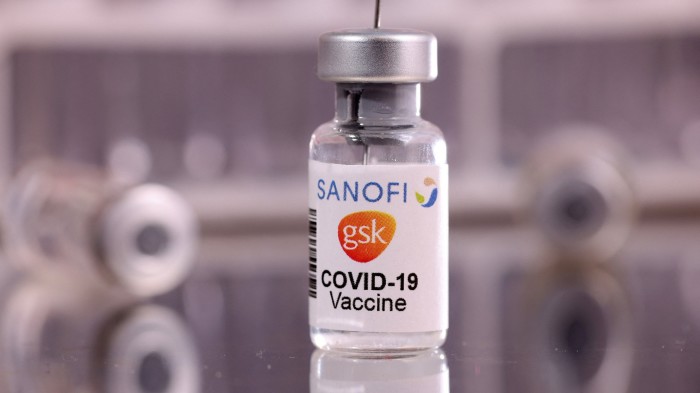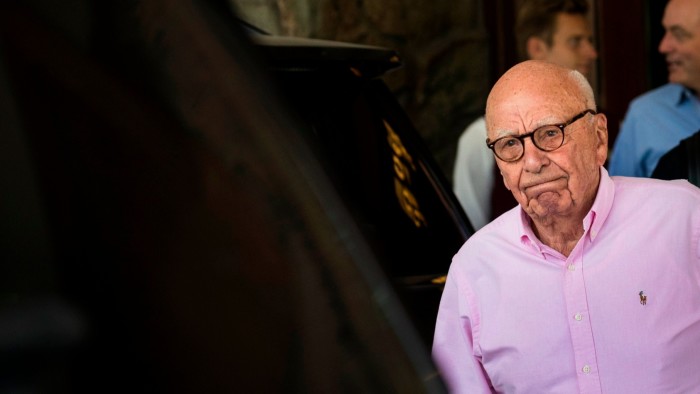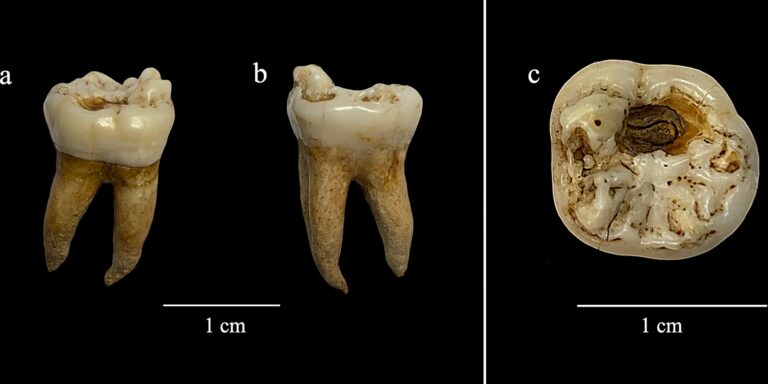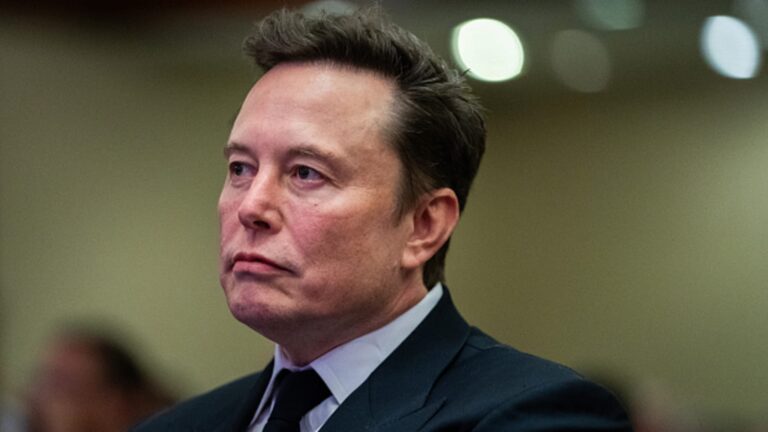
Receive free Haleon updates
We’ll send you a myFT Daily Digest email rounding up the latest Haleon news every morning.
Haleon reported better than expected sales as consumers stocked up on well known products such as Sensodyne toothpaste and Panadol painkillers at higher prices despite the cost of living crisis.
The company, which was spun off from pharmaceutical giant GSK one year ago, reported a 10.4 per cent rise in like-for-like revenue to £5.7bn in the six months to June, beating analysts’ expectations of an increase of 8.2 per cent.
Three-quarters of the company’s revenue growth was a result of price rises, but consumers also bought products such as Advil and Voltarol in higher volumes despite the higher prices.
Haleon raised its expectations for revenue growth in 2023 from a range of 4-6 per cent to 7-8 per cent. The company said 55 per cent of its products gained or maintained market share.
Chief executive Brian McNamara said he was confident in Haleon’s resilience despite “a challenging environment given further pressure on consumer spending and global geopolitical and macroeconomic uncertainties”.
Sales volume increases accounted for 2.9 per cent of growth, bucking the trend for falling sales across the consumer goods sector as shoppers traded down to cheaper and private label products.
Manufacturers of consumer health products have been more resilient to down-trading than other consumer categories during the cost of living crisis. Haleon’s rival Kenvue reported better than expected profits earlier this month in its first results announcement since it spun off from Johnson & Johnson earlier this year.
“Together with pet food, consumer health is the only category that shows no cyclicality and almost no down-trading during economic turmoil,” Bernstein analysts wrote in a recent research note on the sector. “Cash flows don’t get more boring and resilient than this.”
Speaking to analysts on Wednesday, McNamara said: “To date we are not seeing [downtrading]. We have very little private label dynamics in Europe. Obviously these are unprecedented times so we are looking out for any signs.”
Haleon’s respiratory health division was the best performing with like-for-like sales up 22 per cent thanks to a strong cold and flu season in the first three months of the year and growth in China following the lifting of Covid-19 lockdowns.
Painkiller sales were also given a boost by China’s reopening, up 12.9 per cent compared with the year before. However, vitamins, minerals and supplements sales were flat, particularly in the immunity category “as consumers became less concerned about Covid-19”, the company said.
Haleon has recently made job cuts as part of a £300mn cost-cutting drive over the next three years.
The drugmaker also announced on Wednesday it had sold Lamisil athlete’s foot cream to Swedish company Karo Healthcare for £235mn.






